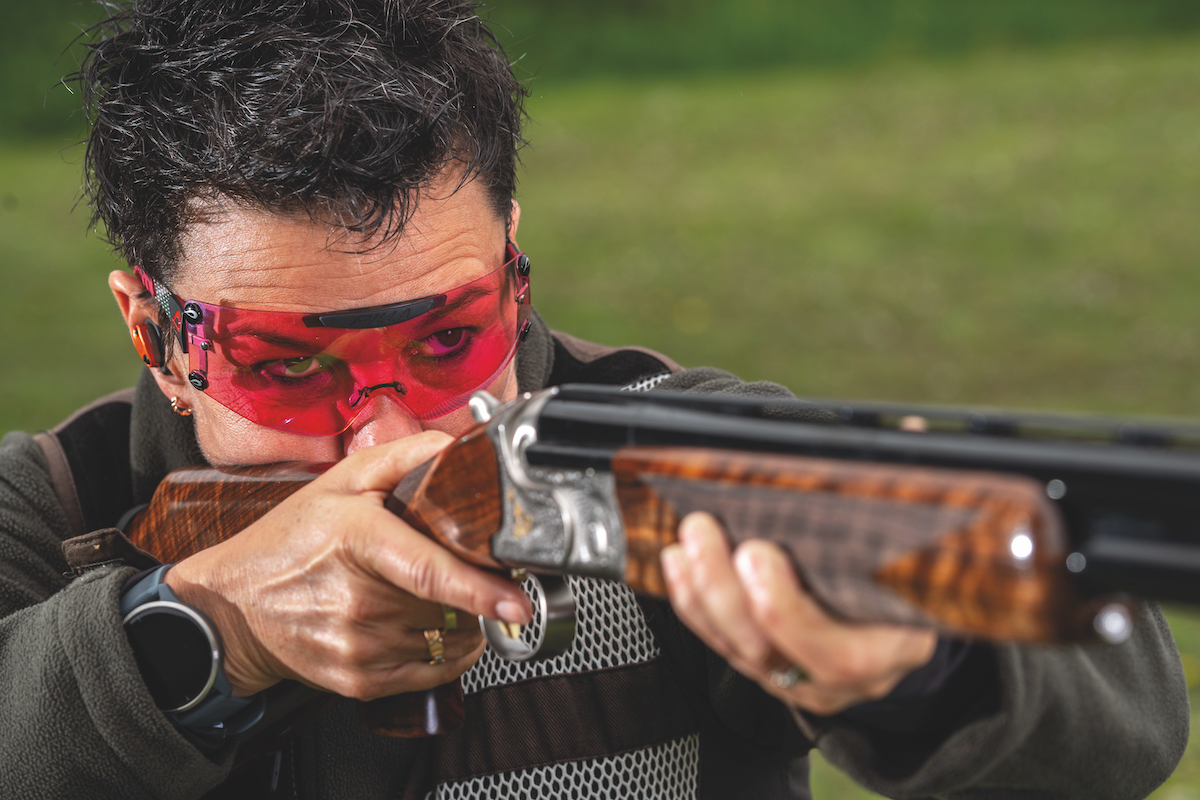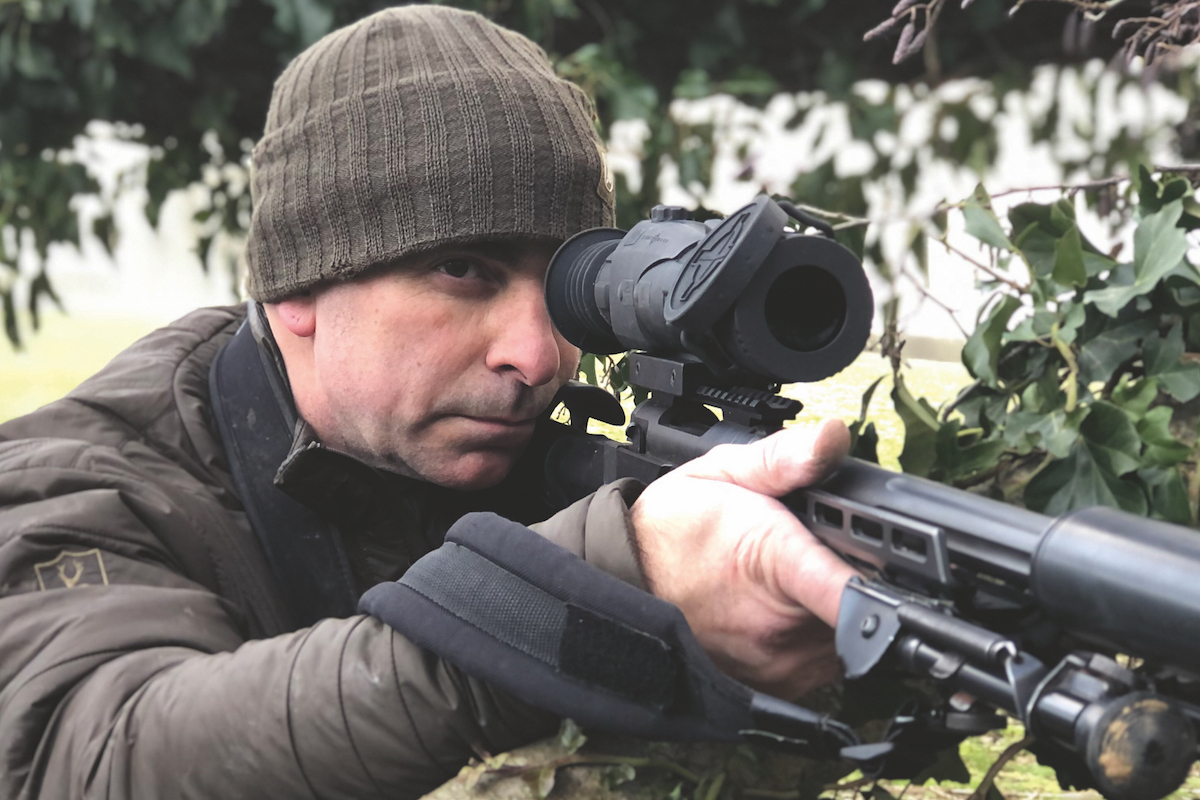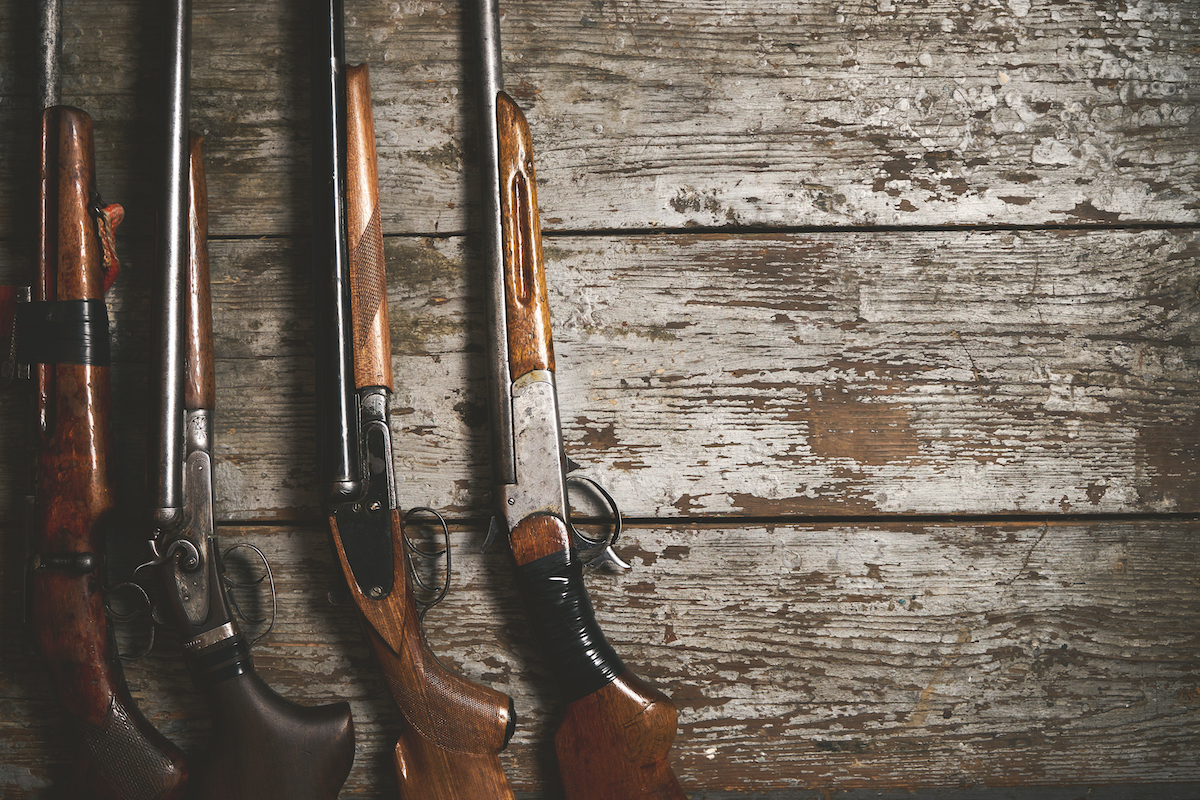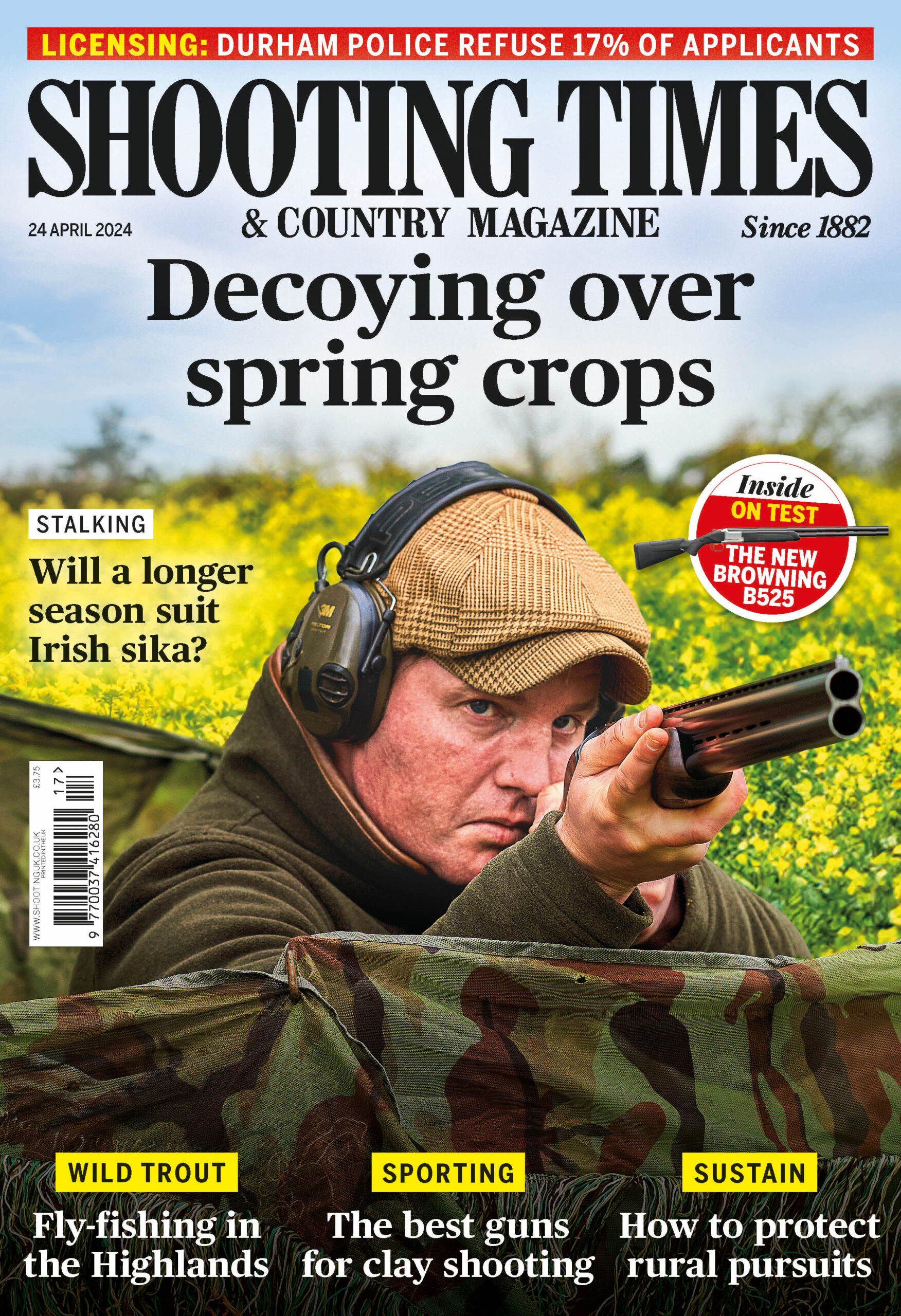5 tips for airgunners
Believe it or not, not washing your shooting kit will help!
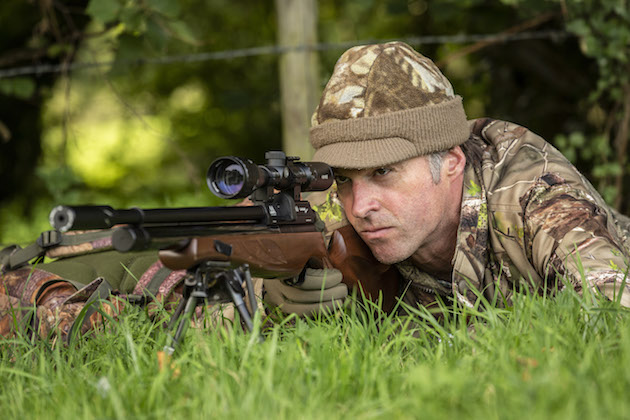
Without good fieldcraft you will fail
Mat Manning offers five key tips for airgunners to improve their fieldcraft
1. Go on a reconnaissance mission
Reconnaissance around your shooting permissions will help you to target the right places at the right time but all wildlife observation is beneficial — whether in the field, car, park or garden. Observing and understanding wildlife and the changing seasons of the countryside are probably the most underrated elements of fieldcraft.

Go on a reconnaissance mission
2. Patience, patience
Patience is the watchword for successful airgunning. Take your time and manage your expectations so you don’t expect too much too soon. In the field, a patient approach will stand you in good stead. You’re harder to spot when you’re not moving, so be prepared for long periods of inactivity.

Shade is one of the most effective forms of natural cover
3. Use natural cover
Going unseen is an important element of airgun hunting. You don’t have to have camouflage netting and the latest tree-print clothing to achieve it. Using natural cover can often be more effective than constructing an artificial hide because you aren’t making any conspicuous changes to the landscape. Don’t neglect shady areas. Shade is one of the most effective forms of natural cover.
4. Get rid of suspicious smells
Scents from the human world spell danger to quarry species, especially rabbits. Stalking with the wind in your face will help to carry odours away from twitching nostrils, but it’s better if you can eliminate them from the start. Don’t wash your shooting clothes unless you have to and don’t use washing powder when you do. Avoid using deodorant and aftershave immediately before you head out shooting and don’t have strong air fresheners in your car.
10 top airguns for pest control
Modern airgun shooters are spoilt for choice when it comes to air rifles for pest control. Daystate Red Wolf …
Which are the best air rifles for shooting rabbits?
Air rifles: I was rabbiting recently with a .177 air rifle, but I couldn’t hit anything. Is this calibre powerful…
Buying a second-hand air rifle: here’s how to do it
You can save a wad of your hard-earned cash by buying a second-hand air rifle. But if you don’t know…
5. Keep getting out there
The most important lessons in fieldcraft are usually the ones you learn for yourself. The only way to achieve that is to get out in the field. Failures are inevitable so don’t be disheartened when you go home with an empty bag. The important thing is to learn from every experience. Work out why the rabbit bolted into the hedgerow before you were close enough for a shot, or why the pigeons refused to land near your decoys, and try to get it right next time.




